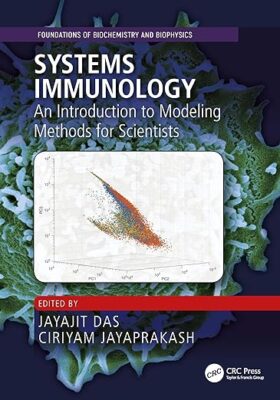Systemic Lupus Erythematosus: Basic, Applied and Clinical Aspects 1st Edition
Systemic Lupus Erythematosus combines basic science with clinical science to provide a translational treatment of the disease and is a useful reference for specialists in the diagnosis and management of patients with SLE, a tool for measurement of clinical activity for pharmaceutical development and basic research of the disease and a reference work for hospital libraries.
- Provides the very latest overview of the pathogenesis of SLE
- Distills current understanding of the cellular, molecular, genetic and environmental factors that instigate and drive the disease
- Includes comprehensive coverage of clinical features, including fatigue, organ system manifestations, overlap syndromes, infections, and more
- Conveys the very latest understanding of mechanisms of tissue damage, including immune complexes, antibodies, and other mechanisms that lead to organ damage
- Discusses the latest treatment options on disease modifying or disease controlling agents
- Provides ‘one stop’ coverage of all the latest scientific and clinical developments in SLE


















